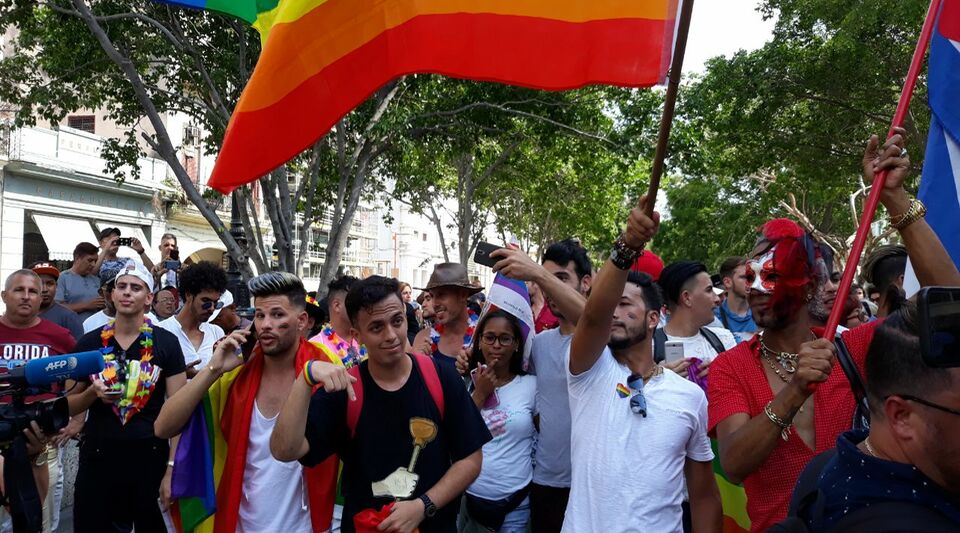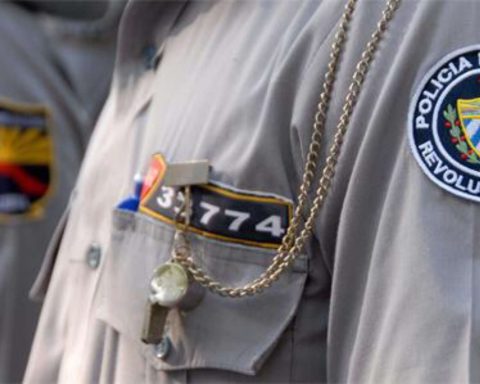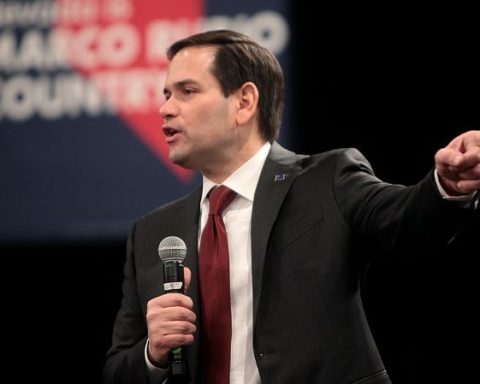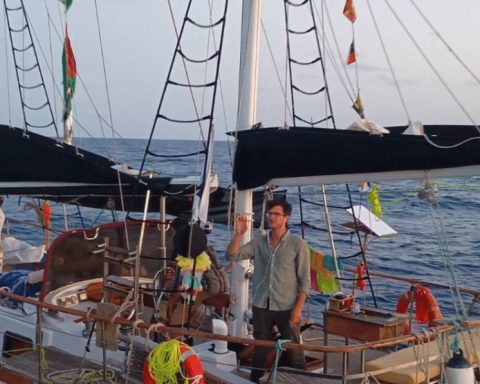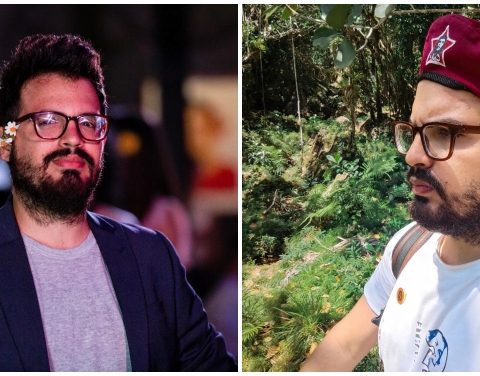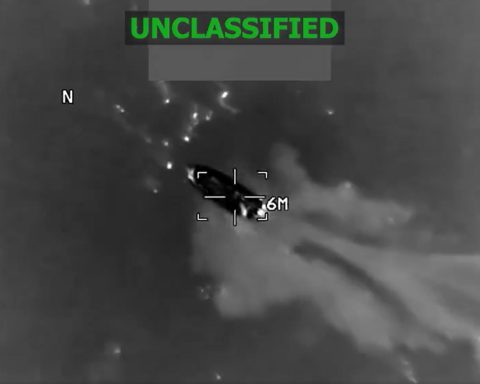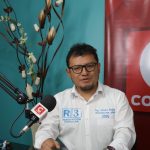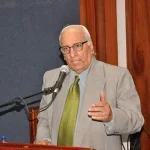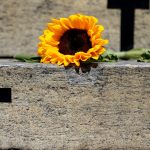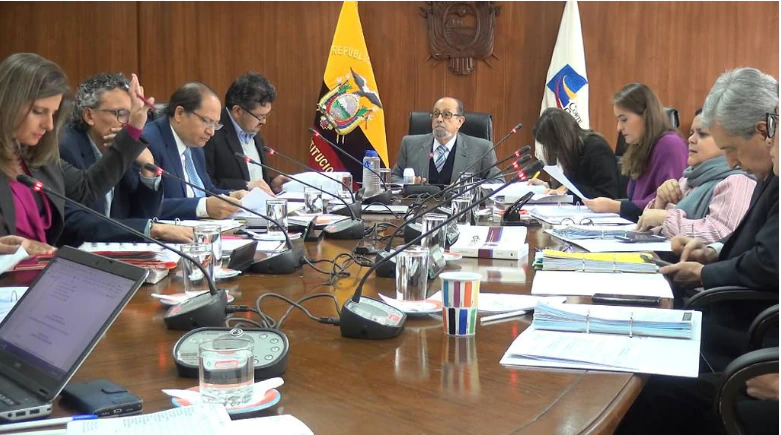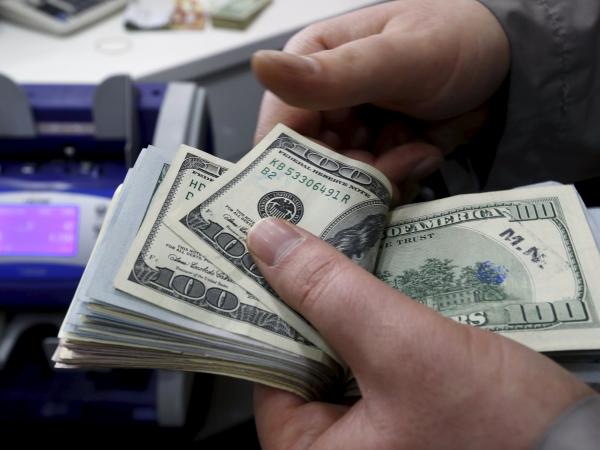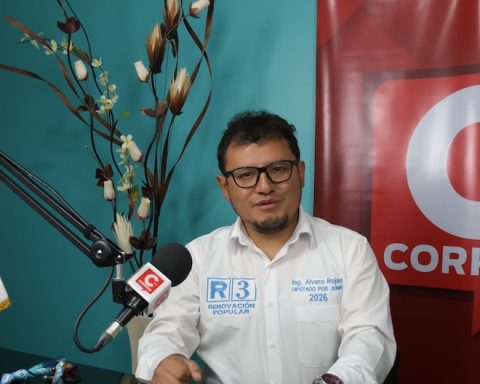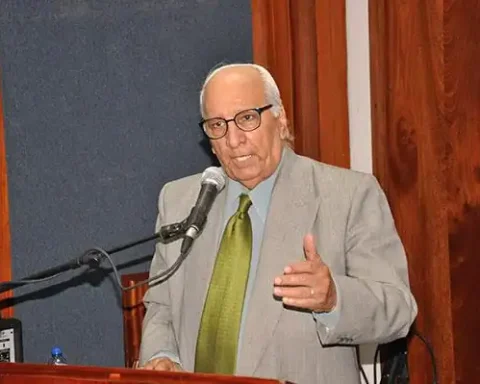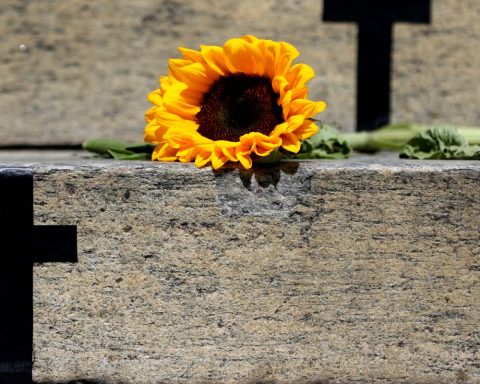As happened with the 2019 constitutional endorsement, Cubans residing abroad will not be able to vote on the Family Code that the Government plans to submit for consultation between February 1 and April 30 before its subsequent vote.
As announced Granma this wednesday, the The Ministry of Foreign Relations constituted and took an oath to the members of the special electoral commission in charge of supervising the process, in which only collaborators and personnel who are displaced for official reasons can take part, which includes diplomats, doctors, engineers or any other official abroad. However, Cubans who are traveling or residing of their own free will outside of Cuba are excluded from the process.
Gerardo Peñalver said during the ceremony on Wednesday that the creation of the commission “is a sign of the will of the State to defend the broadest democratic participation in legislative processes.”
Gerardo Peñalver said during the ceremony on Wednesday that the creation of the commission “is a sign of the will of the State to defend the broadest democratic participation in legislative processes.”
Almost three years ago, on the occasion of the constitutional referendum held in April, the Government also announced the creation of 122 Circumscription Electoral Commissions, one for each country in which there are displaced Cubans on official mission. On that occasion, according to official data, 39,000 officials went to the polls.
“For people who are fulfilling an official mission abroad, it is impossible to travel to Cuba to vote in their places of residence, as this would imply ceasing to carry out the functions for which they were appointed,” said the president of the commission at the time.
The measure excluded Cubans who studied abroad outside the national education system, those who received medical treatment abroad or the mules they were buying.
The Cuban Parliament approved on Tuesday, December 21, the final version of the Family Code, which, among other things, includes a definition of marriage that opens the possibility of the union between people of the same sex and that they can adopt.
The Code is the only one that will go to a referendum among the 70 legal norms updated with the new Constitution, an issue that has caused discomfort within the LGBTI community of the Island that considers that the majority should not endorse the rights of the minority.
The Catholic Church and the Evangelist have spoken out against it, a cult that has more and more followers on the Island.
The Code is the only one that will go to a referendum among the 70 legal norms updated with the new Constitution, an issue that has caused unrest within the LGBTI community of the Island
The possible approval of same-sex marriage in Cuba emerged precisely during the debates prior to the drafting of the new Magna Carta.
The 1976 Constitution defined marriage as the union “between a man and a woman”, while the new one establishes that the final definition will be embodied in the projected Family Code.
Although it has gained popularity for addressing this controversial issue, this standard contains more than 450 articles and also refers to the role of grandparents with respect to grandchildren, the possibility of implementing covenants on the estate before marriage and the option of Parents agree on the order of their children’s surnames.
________________________
Collaborate with our work:
The team of 14ymedio He is committed to doing serious journalism that reflects the reality of deep Cuba. Thank you for joining us on this long road. We invite you to continue supporting us, but this time becoming a member of our journal. Together we can continue transforming journalism in Cuba.
